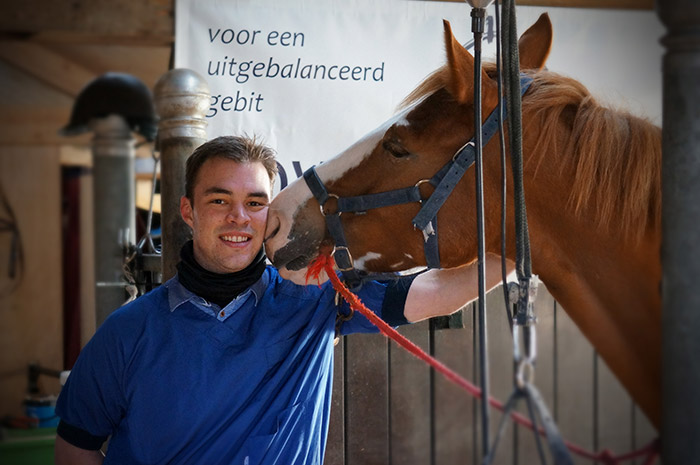Preventive Dental Care for Your Horse Between Professional Visits

Maintaining your horse’s dental health is crucial not only during professional veterinary visits but also in the periods between them. Preventive dental care helps avoid common dental problems, ensures your horse’s comfort, and supports overall well-being.
Why Preventive Dental Care Matters
Horses’ teeth continuously grow and wear down unevenly, which can lead to sharp edges, hooks, or other dental abnormalities. These issues can cause pain, difficulty eating, weight loss, and behavioral problems. Regular preventive care helps detect and mitigate these problems early.
Key Preventive Dental Care Practices
| Practice | Description | Frequency |
|---|---|---|
| Regular Oral Inspections | Check your horse’s mouth for signs of discomfort, swelling, or abnormal teeth. | Weekly or biweekly |
| Proper Diet Management | Provide a balanced diet with adequate roughage to promote natural tooth wear. | Daily |
| Chewing Monitoring | Observe your horse’s chewing behavior for signs of discomfort or uneven chewing. | Daily |
| Use of Dental Toys | Offer safe chewing toys to encourage natural grinding and reduce sharp edges. | As needed |
How to Perform Basic Oral Checks
- Use a clean, well-lit area to safely inspect your horse’s mouth.
- Gently lift the lips to examine the teeth and gums.
- Look for sharp points, uneven wear, discoloration, or bad breath.
- Note any signs of pain or reluctance to chew.
Signs Your Horse Needs Professional Dental Care
- Difficulty eating or dropping food
- Excessive salivation or bad breath
- Head tossing or resistance when bridled
- Weight loss or poor body condition
- Visible sores or swelling in the mouth
Frequently Asked Questions (FAQ)
Q1: How often should a horse have a professional dental check?
A1: Typically, every 6 to 12 months, but some horses may require more frequent visits depending on age and dental health.
Q2: Can I perform dental floating myself?
A2: Dental floating should be performed by a qualified equine dentist or veterinarian to avoid injury.
Q3: What diet changes can help maintain dental health?
A3: Providing plenty of fibrous forage like hay encourages natural tooth wear and reduces dental issues.
Conclusion
Preventive dental care between professional visits is essential for your horse’s health and comfort. By regularly monitoring your horse’s oral condition, managing their diet, and recognizing early signs of dental problems, you can help ensure a happy, healthy horse.
Would you like me to help improve the clarity or add more detailed care instructions?
